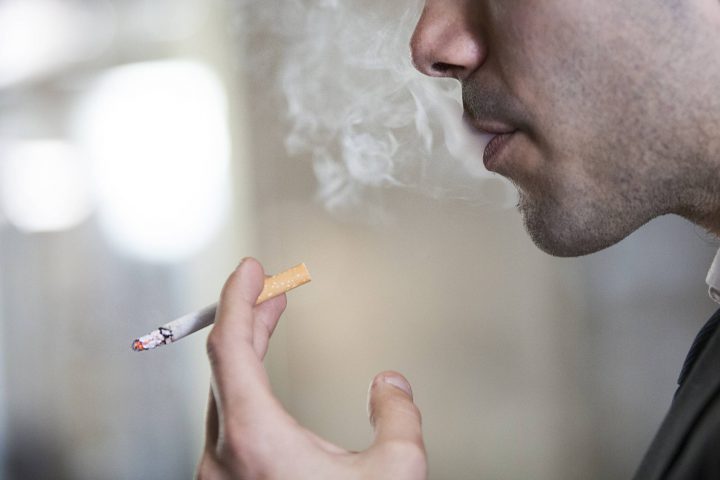A ruling from the Office of Residential Tenancies (ORT) in Saskatchewan gives renters the right to be protected from second-hand smoke exposure in their homes.

The ORT ordered the landlord, the Regina Housing Authority (RHA), to compensate tenants of three different apartment buildings after failing to address the problem of second-hand smoke rotating through their units, and the subsequent health issues they suffered as a result.
“The smoking in the building where I lived was becoming more and more of a health concern, and being on a fixed income and only able to afford social housing, I felt trapped by the few choices I had,” said one of the Regina tenants, Jeannie Labelle-Potvin.
Labelle-Potvin chose to move when the landlord wouldn’t address the problem.
“The money I have received as a result of this ruling was never my motivation for pursuing legal action. Had more serious efforts been taken to help me deal with the smoking problem, I never would have moved forward with a complaint,” Labelle-Potvin said.
The ORT ruled that under the 2006 Residential Tenancies Act, the landlord had breached section 44, or the tenants’ right to quiet enjoyment including freedom from unreasonable disturbance.

Get breaking National news
The ruling has also cited another section of the Act that mandates that a landlord maintain the residential property in a good state of repair and is fit for habitation, use and enjoyment.
The RHA was ordered to compensate tenants two-thirds of their monthly rent for the period between when they notified the RHA of their concerns about smoking in their building, and when they moved out.
Some tenants also received compensation for moving expenses, among others.
On March 17, the ORT rendered their decision and prompted the RHA to file an appeal with the Saskatchewan Court of Queen’s bench, who had initially dismissed the appeal on Feb. 28.
At a press conference held in Regina on March 20, Chase Genser, another former RHA tenant said, “I’m speaking publicly today because I want tenants to know that they don’t have to tolerate second-hand smoke which is making them sick. They shouldn’t fear being evicted because the law protects them from that.”
Second-hand smoke contains hundreds of toxic chemicals, more than 70 of which that can cause cancer. Each year in Canada, second-hand smoke causes 800 deaths from lung cancer and heart disease in non-smokers.
The ORT hearing officer ruled that “one’s right to smoke cannot impede on another’s right not to smoke or breathe second-hand smoke. Therefore, while a tenant may have a prima facie right to smoke in their unit when there is no non-smoking clause in a tenancy agreement, that right stops when it interferes with another tenant’s right not to smoke, their choice not to accept the risks associated with second-hand smoke.”
“This decision is important in many ways, but particularly in recognizing and acknowledging the difficulties that many tenants face when attempting to exercise their rights as tenants,” said Carly Romanow, a staff lawyer at Pro Bono Law Saskatchewan, who represents the tenants.
“Many tenants live in less-than-ideal situations, but they fear retaliation or potential homelessness when speaking out about the condition of their rental property. I hope this decision encourages tenants to learn about and exercise their rights as tenants to live in safe and suitable rental environments.”
The Canadian Cancer Society and the Lung Association of Saskatchewan have been advocating for these tenants for more than three years.
Both organizations receive calls regularly from people suffering health consequences from second-hand smoke in their dwellings but are not able to get landlords to address their concerns, and are calling for social housing authorities and private landlords to provide more smoke-free units and buildings across the province.
“I hope landlords see this ruling as an opportunity to provide more smoke-free housing in Saskatchewan,” says Donna Pasiechnik, manager, Tobacco Control, Media & Government Relations, Canadian Cancer Society. “Most people do not smoke. They want to live in environments that are safe for their family. There’s a demand and cost savings for landlords who make their properties smoke-free.”







Comments